Faculty & Staff
Our Faculty
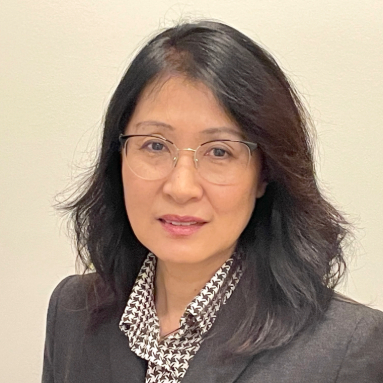
Email: rwang16@wpi.edu
Phone: +1 (508) 8315000 x4181
ResearchScience and Technology that enable the analysis of patients’ minute biopsy samples in the native states to reveal the fundamental causes of diseases and yield intervention points for treatment are in critical demand. Research in Wang group leverages interdisciplinary approaches that merge material science, biochemistry, bioengineering and nanotechnology to address such multifaceted challenges. Students receive training in biochemistry, biophysics, bioanalytical chemistry, surface chemistry, composite materials and cell biology through research projects, such as: a) developing ...
view profile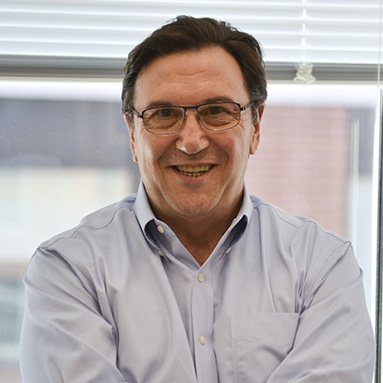
Email: arguello@wpi.edu
Phone: +1 (508) 8315000 x5326
Micronutrient transition metals (copper, zinc, cobalt, nickel, iron, and manganese) play a central role in the interaction of pathogenic (and beneficial) bacteria with higher eukaryote hosts. Our research is directed to understand the bacterial mechanisms of metal homeostasis required for these interactions. In particular, we focus on the functions of transmembrane transporters and chaperone molecules that tightly control metal uptake and distribution. These molecules appear to be key determinants of virulence in pathological bacteria like Mycobacterium tuberculosis and Pseudomonas aeruginosa, ...
view profile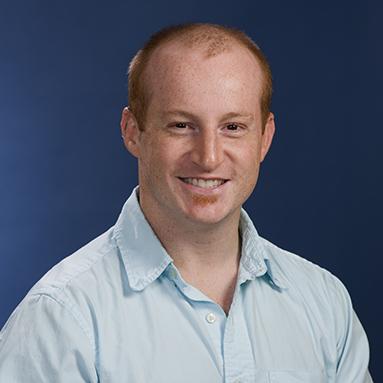
Email: dbrodeur@wpi.edu
Phone: +1 (508) 8315000 x4195
I enjoy teaching because it's a fantastic feeling to be able to share knowledge and lead students to that "aha!" moment as they learn the intricacies of our world. Nothing is more satisfying than hearing someone exclaim that they "finally get it!" Also, teaching is an excellent way to learn more about yourself and the subject you teach, since there are so many individuals involved in the process who all bring their unique perspectives and insight to the table. WPI students are in a league of their own in terms of preparation and desire to learn. It makes a great difference in the classroom ...
view profile
Email: scburdette@wpi.edu
Phone: +1 (508) 8315000 x5224
Projects in the Burdette group start with synthesis. We use an array of synthetic techniques to make light-reactive small molecule metal ion chelators (photocages), and an equally wide number of analytical techniques to characterize the metal binding properties and photochemistry of those complexes. We also make and modify metal organic frameworks (MOFs) with solvothermal and other methods. Both photocages and MOFs can be applied to a variety of applications from human health to functional chemical tools.One focus for the photocages we design and make is to map cellular metal ion signaling ...
view profile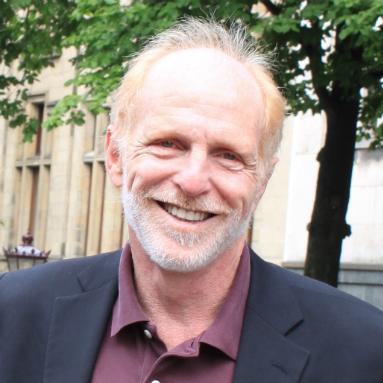
Email: bbursten@wpi.edu
Phone: +1 (508) 8315000 x4115
We are currently investigating a number of fascinating problems in inorganic and organometallic chemistry. Each of these fits into the general theme of our research: the correlation of theoretical electronic structural data with the bonding and reactivity patterns of transition metal and heavy-element complexes. We use advanced electronic structure theory and modeling as probes of the bonding in and energetics of the systems.Among some of the inorganic and organometallic systems that we are interested in exploring are photochemically active dinuclear organometallic complexes, the coordination ...
view profile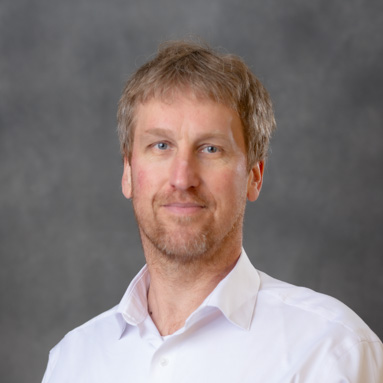
Email: rdempski@wpi.edu
Phone: +1 (508) 8315000 x4193
Our research integrates investigating the structure and function of targeted membrane proteins with development of mixed reality tools for workforce development. We combine biochemical and biophysical techniques to investigate the structure and function of two classes of membrane proteins. In the first instance, we are investigating the mechanism of a zinc transporter, hZIP4. This protein has been implicated in the initiation and progression of pancreatic cancer. Despite the central role of this protein in cellular homeostasis, the mechanism of cation transport is not well understood. ...
view profile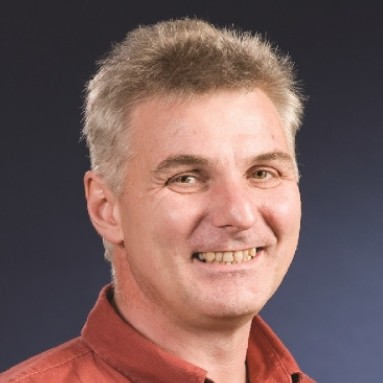
Email: agericke@wpi.edu
Phone: +1 (508) 8315000 x5263
Arne Gericke is the Dean of Undergraduate Studies ad interim, Director of the Office of Undergraduate Research, and a Professor of Chemistry & Biochemistry. The research in my lab is generally concerned with the biophysical characterization of lipid mediated protein functions. We are particularly interested in studying phosphoinositide mediated signaling pathways. Phosphoinositide lipids represent only a small fraction of lipids in cellular membranes, yet their importance for cellular processes cannot be overstated. Phosphoinositides mediate physiological functions by regulating the ...
view profile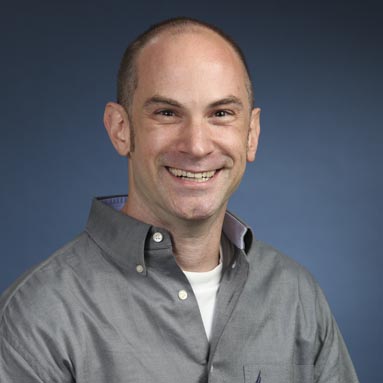
Email: rlgrimm@wpi.edu
Phone: +1 (508) 8315000 x4165
What makes a particular material efficient at converting sunlight to electrical or chemical energy? Conversely, what makes a material a poor energy converter? The Grimmgroup is motivated by quantifying and controlling the bulk and surface properties of solar energy conversion materials. As a research group in the Department of Chemistry and Biochemistry at Worcester Polytechnic Institute, we seek an atom- and bond-level understanding of material properties.
view profile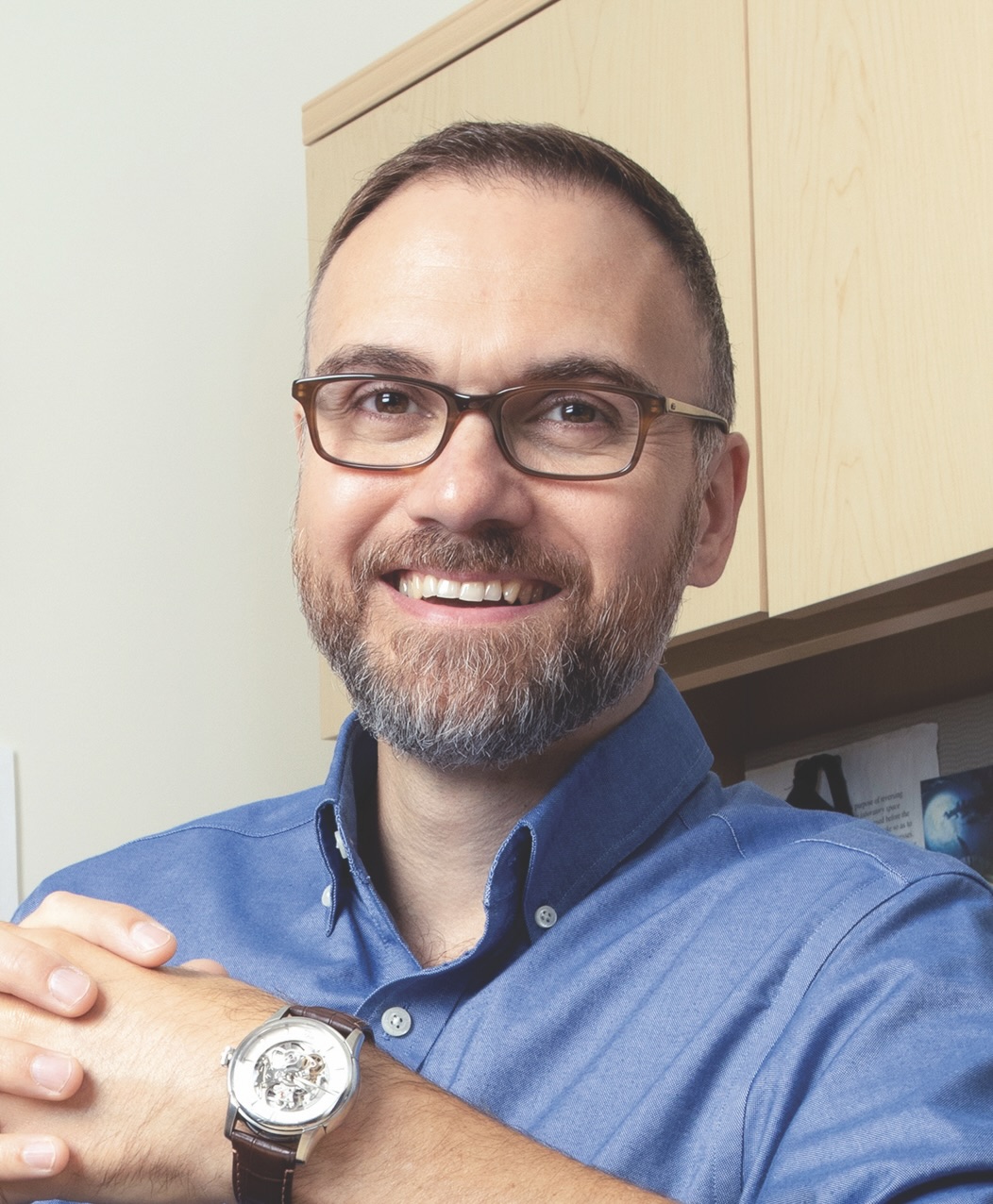
Email: dheilman@wpi.edu
Phone: +1 (508) 8315000 x5396
Dr. Heilman is a Biochemist with nearly two decades of teaching experience and extensive pedagogical innovation in both Chemistry and Biochemistry. He is the co-author of the 6th edition of Fundamentals of Biochemistry (Wiley 2024), a widely used and highly recognized text for college biochemistry. His disciplinary research focuses on the discovery and characterization of novel virus proteins that have onco-selective toxicity. His focus on understanding these proteins has led to the development of new techniques for studying cell-selective activities and advances with novel pathways that ...
view profile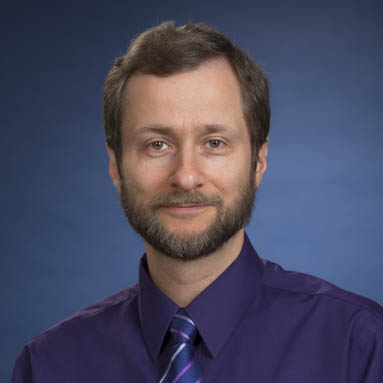
Email: gkaminski@wpi.edu
Phone: +1 (508) 8315000 x4160
I am a computational physical chemist. My research is in the areas of force field building and applications. Special attention is given to creating polarizable force fields for organic and biophysical systems, including proteins and protein-ligand complexes. I teach classes in physical, computational and general chemistry. Simulations of proteins is very important in biomedical research because proteins play crucial role in a large number of biological phenomena, both benign and harmful. But the results of these simulations are only as good as the quality of the "nuts and bolts" used in ...
view profile
Email: kumar@wpi.edu
Phone: +1 (508) 8315000 x5374
I enjoy teaching and interacting with the students especially in the lab when I have a chance to get to know the students and the way they think . It is particularly rewarding to me when I see the expression on their faces when they finally understand a difficult concept.
view profile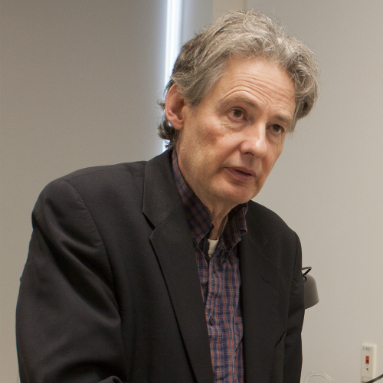
Email: clambert@wpi.edu
Phone: +1 (508) 8315000 x5443
Christopher R. Lambert, Ph.D. is a Research Associate Professor with appointments both in the Bioengineering Institute and the Chemistry and Biochemistry Department. He is the Associate Director of the WPI Bioengineering Institute. He is co-founder of Active Surface Technologies a research company dedicated to the development of specialized molecular films. Professor Lambert earned a Ph.D. from the University of Paisley in Scotland, and spent two years in a post-doctoral position at the Center for Fast Kinetics in Austin, Texas. He then spent five years in Manchester, UK at the Christie ...
view profile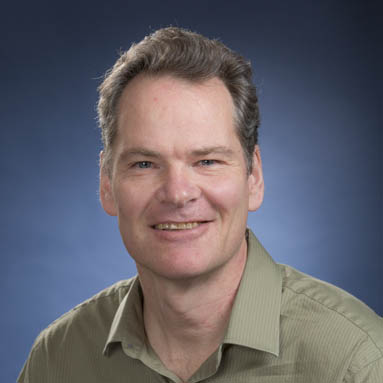
Email: jcm@wpi.edu
Phone: +1 (508) 8315000 x5240
The hallmark of supramolecular chemistry is the design of molecular materials and structures that exhibit useful properties resulting from the collective interaction of different molecular components. Our research focuses on understanding molecular interaction and self-assembly in solution and on surfaces in order to control molecular crystallization and assembly of complex multicomponent systems. We utilize synthetic, physical-organic, and supramolecular approaches to generate and study 3-D coordination polymers—called metal-organic frameworks, or MOFs—featuring a range of architectures with ...
view profile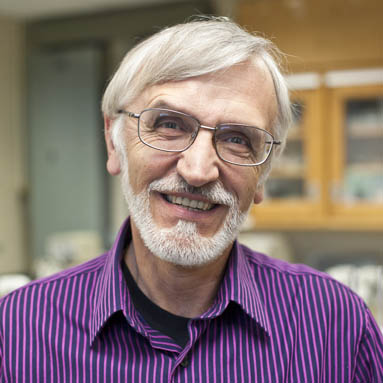
Email: ivanpm@wpi.edu
Phone: +1 (508) 8315000 x6646
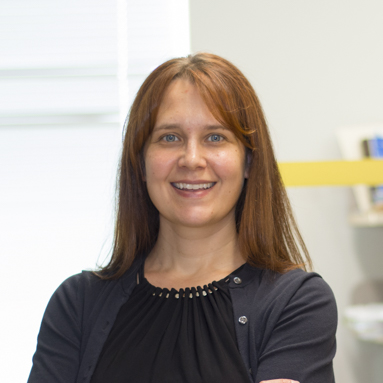
Email: aemattson@wpi.edu
Phone: +1 (508) 8315000 x6861
Research in the Mattson Group is a combination of catalyst design, methodology development, and complex molecule synthesis. Our catalyst design program is focused on the synthesis and study of new families of non-covalent catalysts, including boronate ureas and silanediols, that are able to promote new reactivity patterns. The catalyst design and associated reaction development programs are currently geared toward the synthesis of enantioenriched nitrogen and oxygen heterocycles that frequently appear in naturally occurring bioactive compounds. Our long-term vision includes applying our ...
view profile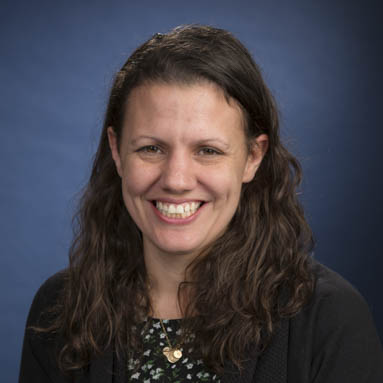
Email: cpolsen@wpi.edu
Phone: +1 (508) 8315000 x6359
Membranes are composed of hundreds of distinct kinds of phospholipids, and the types of lipids that are found within a membrane bilayer impact its biophysical properties including its fluidity, permeability and susceptibility to damage. Our primary interest is in understanding the mechanisms that control the phospholipid composition and that preserve the membrane over time. We use stable isotope tracing strategies and mass spectrometry to quantify phospholipid abundance and dynamics in the model organism, C. elegans.
view profile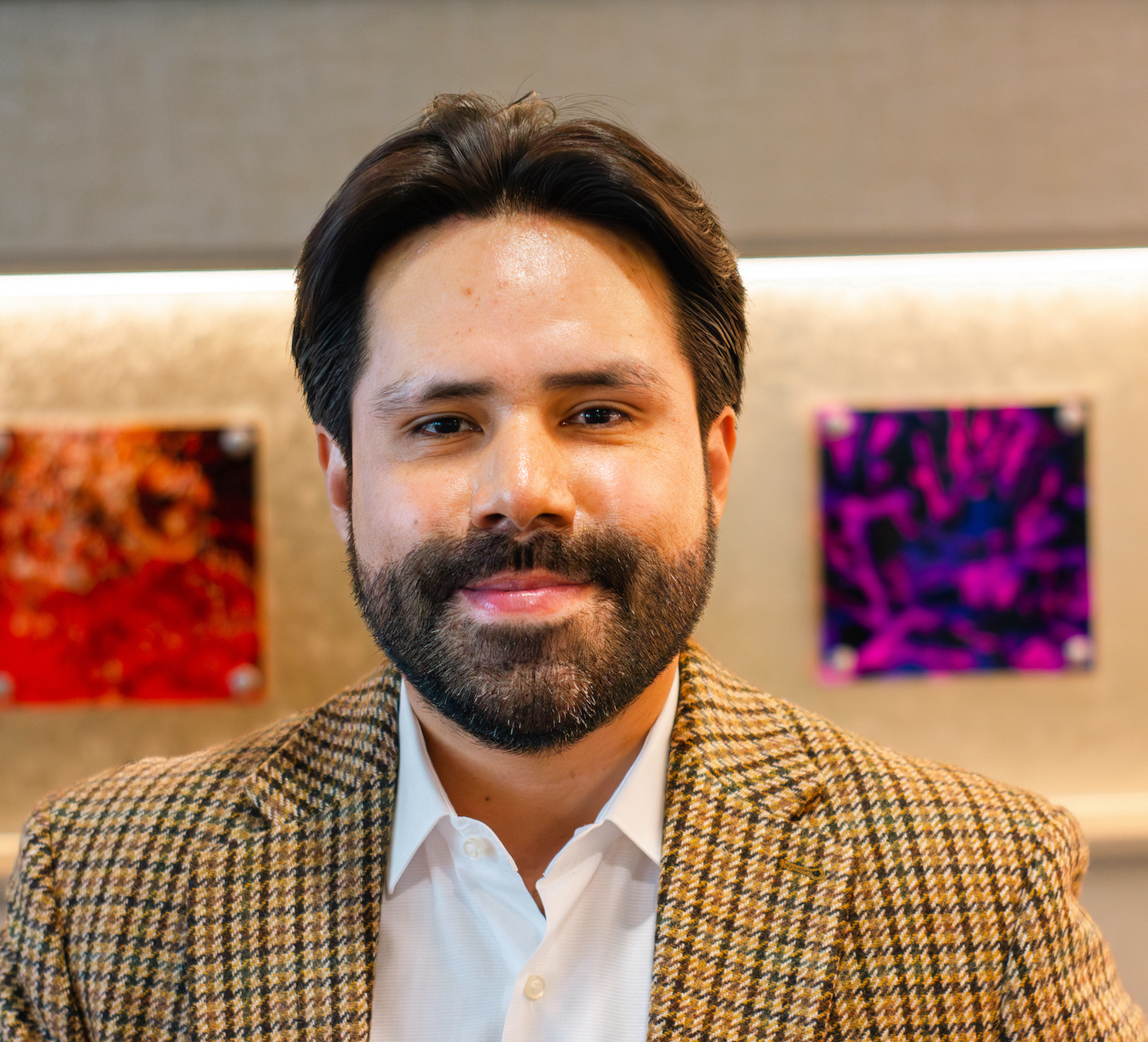
Email: rpicon@wpi.edu
Phone: +1 (508) 8315000 x5210
Raúl teaches undergraduate courses in general chemistry and organic chemistry. His teaching approach focuses on making students aware of their heterogeneity of thinking, leveraging students’ cultural practices, and promoting equity and social justice through chemistry teaching. Raúl’s research focuses on exploring both student learning and teaching practices employing sociocultural approaches. He is interested in culturally relevant pedagogy, formative assessment, conceptual profile theory, and chemistry capital. Raúl's work has revealed the power of developing students’ multiple ways of ...
view profile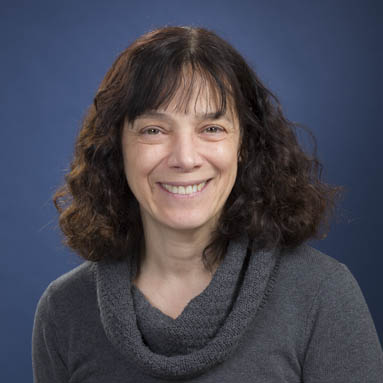
Email: sfscarlata@wpi.edu
Phone: +1 (508) 8315000 x6803
Suzanne Scarlata, Richard Whitcomb Professor of Chemistry and Biochemistry, joined the university faculty in 2016. She studies how small molecules in the bloodstream can change the behavior of cells. In particular, she is interested in how certain hormones and neurotransmitters can activate a family of organic molecules known as G proteins (guanine nucleotide-binding proteins), which are involved in transmitting signals from various stimuli from the exterior to the interior of cells. G proteins help control how cells move, divide, and change structure; the signaling pathways they mediate ...
view profileEmail: kwobbe@wpi.edu
Phone: +1 (508) 8315000 x5375
Project-based learning is an enormously powerful approach to education. I've been changed by it; I've watched students be changed by it. I've seen faculty develop a renewed sense of joy in teaching from using it. And now, after over a decade of using PBL with students, I'm embarking on a new phase of helping faculty implement PBL through the work of the Center for Project-Based Learning. The good news - working with faculty on PBL is as much fun as working with students!
view profileAffiliated Faculty
Email: nadeskins@wpi.edu
Phone: +1 (508) 8315000 x5445
Students here at Worcester Polytechnic Institute have a lot of enthusiasm and ambition, and it certainly is contagious. Teaching brings a lot of joy because of this, and I find myself often trying just to keep up with the students! I love to collaborate with people from many different backgrounds and technical interests. For my research, I work in the area of molecular modeling: trying to understand and solve energy and environmental problems using high-powered computer simulations. I am also involved in supporting, educating, and empowering introverted students. The world is always in ...
view profile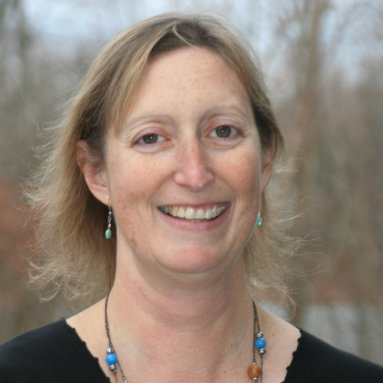
Email: mmunson@wpi.edu
Eukaryotic cells such as yeast, plants, and humans use conserved pathways to direct small membrane-bound vesicles containing specific cargo to discrete subcellular compartments and to the plasma membrane for secretion. Proper navigation of these vesicles through the dense cytosol of the cell is crucial for normal growth, maintenance of cellular integrity, organelle biogenesis, and intercellular signaling events, such as release of hormones, cytokines and neurotransmitters. Disruption of these trafficking pathways has been implicated in a variety of humans diseases, including immune disorders, ...
view profileOur Staff
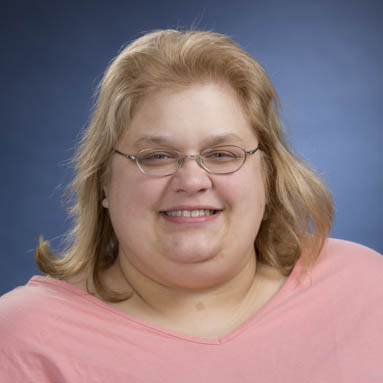
Email: revanoff@wpi.edu
Phone: +1 (508) 8315000 x4913
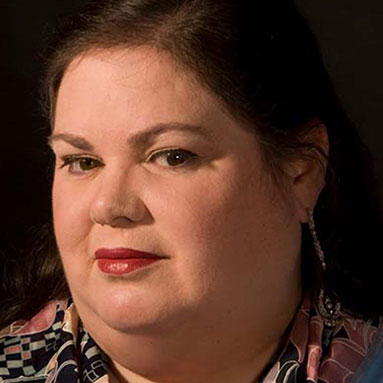
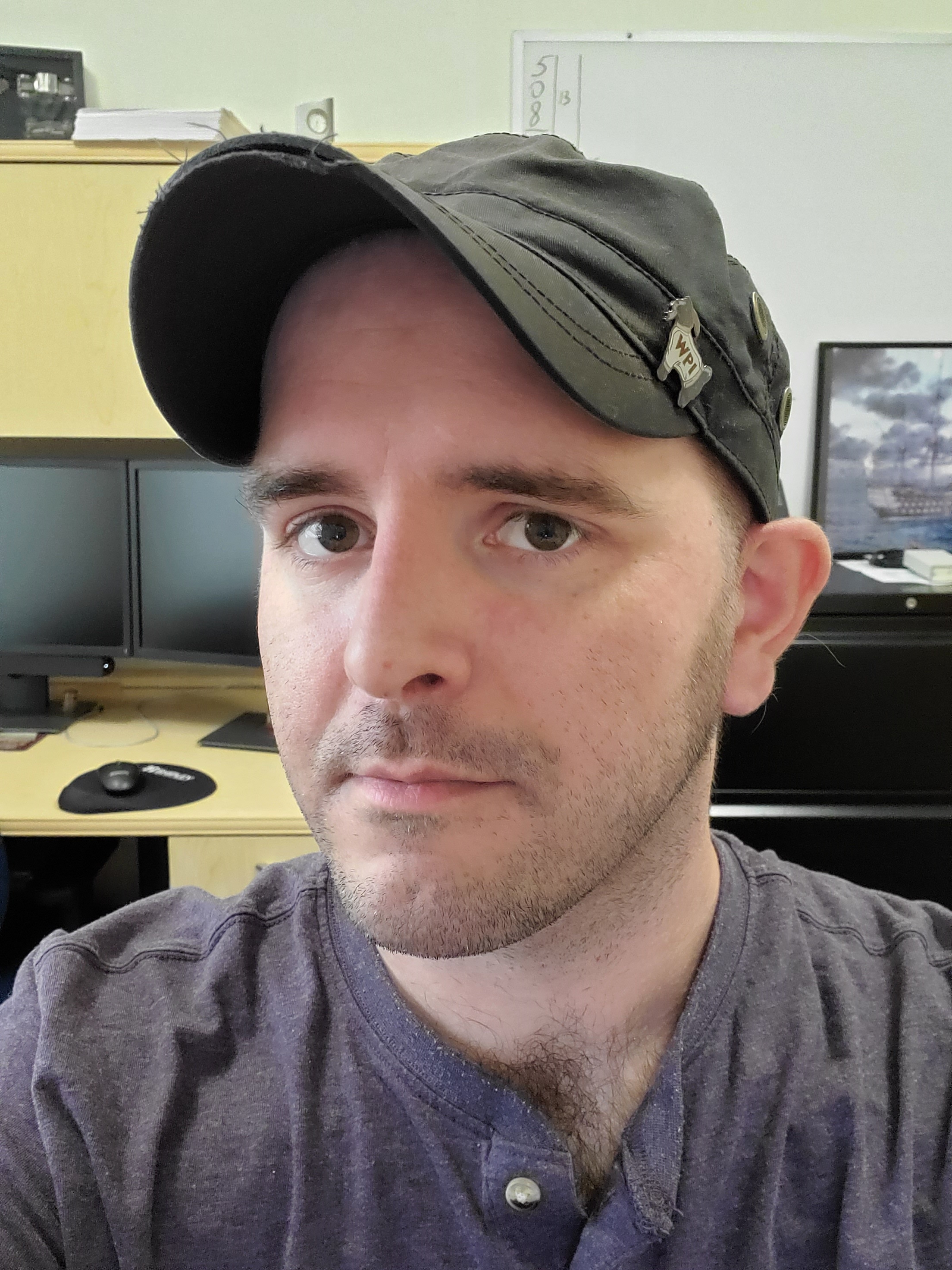
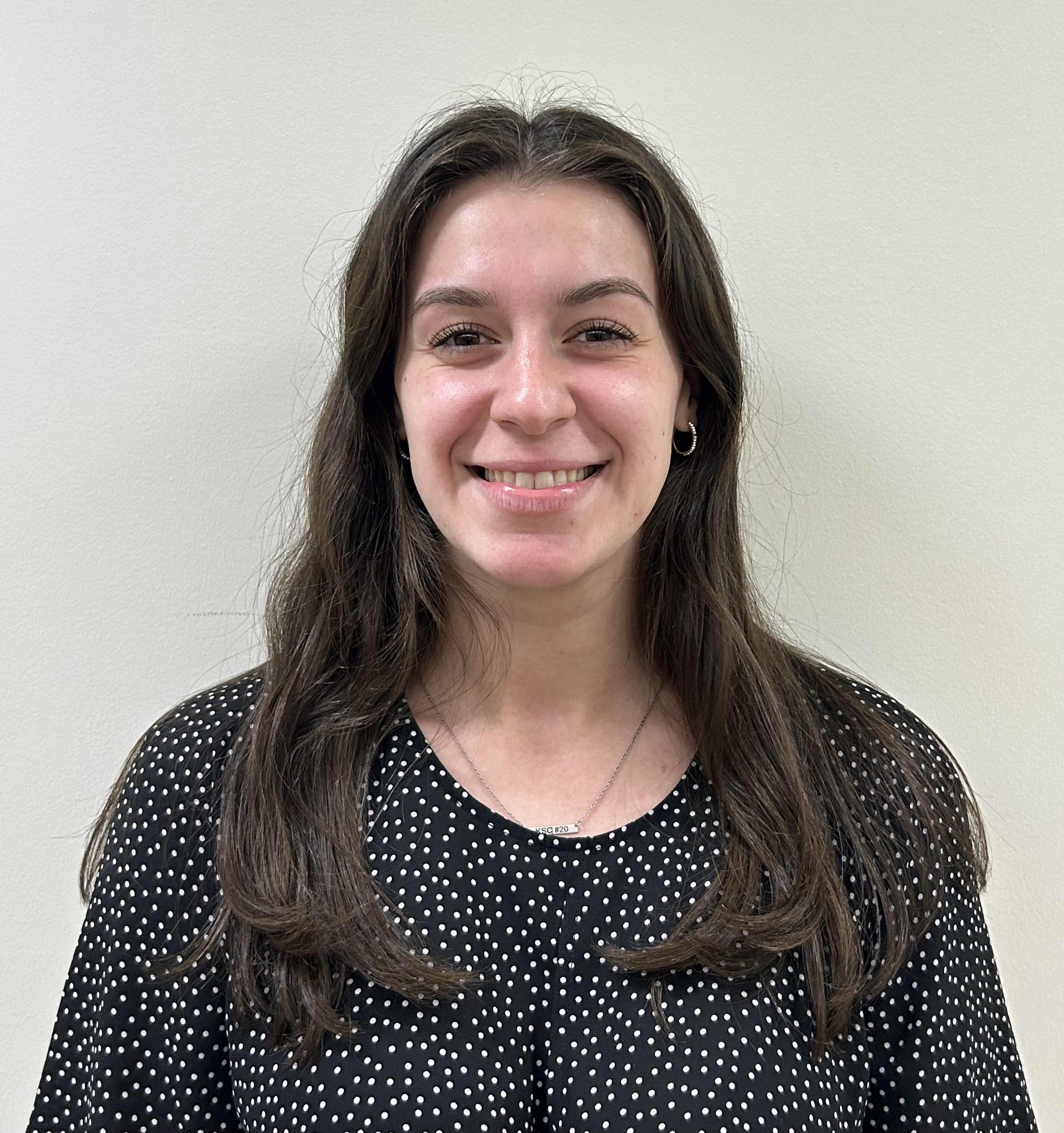
Email: jalibrandi@wpi.edu
Phone: +1 (508) 8315000 x6730